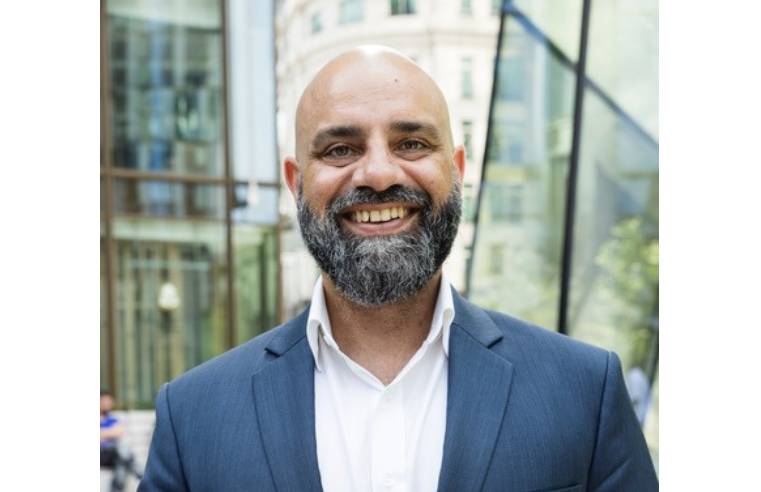An extensive study of more than one million people has revealed that those sitting for eight hours a day are more at risk of premature death.
The extensive research, conducted by The Lancet, found that those leading more sedentary lifestyles, primarily office workers, could counter the risk by exercising for at least one hour a day.
The study, conducted across four individual research projects, showed that those who are physically inactive are more at risk of heart disease, diabetes and some cancers which cause more than 5million deaths each year.
The study also estimated the global economic impact of physical activity as US$67.5 billion per year in health care costs and lost productivity
It’s not all doom and gloom
One of the study’s authors, Professor Ulf Ekelund, the Norwegian School of Sports Sciences, Norway and the University of Cambridge, UK said there is still hope for individuals working office jobs. He commented: “Our message is a positive one: it is possible to reduce – or even eliminate – these risks if we are active enough, even without having to take up sports or go to the gym.
“For many people who commute to work and have office-based jobs, there is no way to escape sitting for prolonged periods of time. For these people in particular, we cannot stress enough the importance of getting exercise, whether it’s getting out for a walk at lunchtime, going for a run in the morning or cycling to work. An hour of physical activity per day is the ideal, but if this is unmanageable, then at least doing some exercise each day can help reduce the risk.”
Pull your finger out
The study, which was conducted following the 2012 Olympics, warns that there has been little progress made to tackle the ‘global pandemic of physical inactivity’ since the games.
The study has also showed that a quarter of adults worldwide still fail to undertake the World Health Organisation recommendations of at least two and a half hours of physical activity per week.
The WHO guidelines are much lower than the Lancet study recommendations which urge individuals to exercise at least 60-75 minutes per day to counteract the increased risk of premature death associated with prolonged periods of sitting.
Lead author of the study, Professor Jim Sallis, University of California San Diego has spoken out about the need for countries to be more proactive when tackling inactivity, as currently they aren’t doing enough. He says: “In the past four years, more countries have been monitoring progress in physical activity, but evidence of any improvements is scarce.
“We know that physical inactivity is linked to diseases including heart disease, diabetes and some cancers, and new evidence also shows that 300000 cases of dementia could be avoided annually if all people were physically active. The global pandemic of physical inactivity remains, and the global response has been far too slow.”
Progress needed on all levels
The issue of progress was explored thoroughly by the study’s authors who identified that in spite of national policies often being discussed, they were often not put into practice although these figures have improved over time.
The research found that in 2010, 75% of countries reported having a physical activity policy but only 44% reported it being operational. In 2015, over 90% had a policy and 71% reported it being operational.
However, in spite of improvements at a policy level and the widespread implementation of monitoring programmes the study found that actual levels of inactivity haven’t improved.
Act Now
The Lancet study has urged for greater collaboration and commitment from governments and global organisations to address this ‘large-scale problem’.
Professor Rodrigo Reis, Washington University in St Louis, St Louis, said there is no time to lose when addressing the ‘global public health challenge of physical inactivity’ and has urged those in positions of authority to act now to make a difference.
Dr Pam Das, Senior Executive Editor and Dr Richard Horton, Editor-in-chief of The Lancet have commented that improvements can only be made with more money.
They added: “The world needs to get serious about physical activity. And that means money—for capacity in public health departments to undertake adequate surveillance, cross sector partnerships, interventions, policy monitoring, and research, especially the cost-effectiveness of interventions.
“There is extensive evidence about the need for action to improve physical activity, what actions are most promising, and who needs to be involved. But capacity and funding remains insufficient because physical activity is not taken seriously enough to rise to the top of the funding priorities.”






















